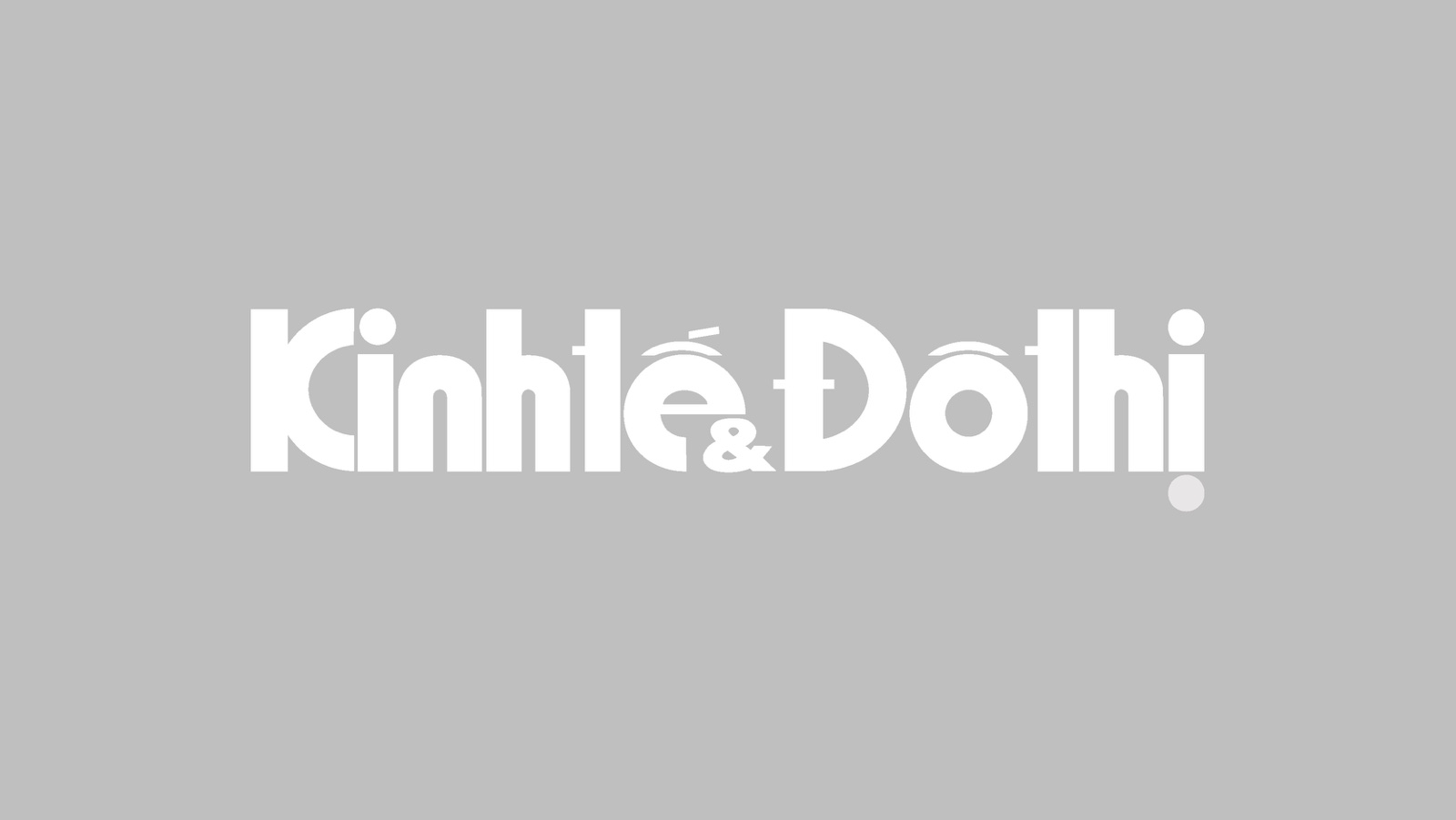Social Affairs
Vietnam allows foreign firm to import drugs for first time
Aug 13, 2019 / 12:52 AM
The license has somewhat shown Vietnam’s relaxed management of drugs market which is likely to reach US$7.7 billion by 2021.
France-based Sanofi-Aventis Vietnam Co., Ltd has been licensed to directly import drugs to Vietnam, becoming the first foreign-invested firm eligible to get such right in the country.
With this license, Sanofi directly imported the first batch of meningococcal meningitis vaccines, Vietnam Investment Review reported.
The move, which somewhat shows Vietnam's relaxed regulations on this sector after the country signed the EU-Vietnam Free Trade Agreement (EVFTA), is expected to draw more foreign investment in the lucrative local pharmaceutical industry while increasing access to qualified drugs among locals.
However, some concerns have been raised on the possible pressure on local pharmaceutical firms once the import duty on drugs is reduced when the EVFTA comes into force.
.
Sanofi Vietnam, which is said to hold about 4% of the Vietnamese pharmaceutical market, has three factories in the country, supplying 80% of its products sold in Vietnam.
Before, foreign-invested pharmaceutical companies were allowed to provide only warehouse and logistics services for pharmaceutical products while domestic companies are eligible to distribute pharmaceutical products.
The restrictions have forced foreign-invested enterprises to partner with local firms for the distribution.
Vietnam’s pharmaceutical industry
The Ministry of Health’s Drug Administration predicted that the country’s pharmacy sector would maintain a double-digit growth rate in the next five years.
The 2018 Business Monitor International report showed that Vietnam’s healthcare market had a value of US$17.4 billion in 2018. Meanwhile, the country’s pharmaceutical market had an estimated a revenue of US$5.9 billion in 2018, an 11.7% increase from the previous year.
In addition, at a per capita level, spending is expected to double from US$170 in 2017 to US$400 in 2027.
The average spending on medicine of Vietnamese people rose from US$22.25 in 2010 to US$37.97 in 2015, and doubled to US$56 in 2017. The average growth rate of spending on drugs was 14.6% during 2010-2015 and is set to remain at least 14% until 2025.
The figures make Vietnam the second largest medicine market in the South East Asia.
Vietnamese drugs manufacturers are able to meet half of the total medicines market demand, while imports cover the remaining half.
In addition, approximately 60% of pharmaceutical end products, 90% of active pharmaceutical ingredients, and most raw materials for the production of pharmaceuticals are currently imported, the British Business Group Vietnam quoted "EY Life science report: Asia".
In recent years, the authorities have stepped up their efforts to reduce the country’s reliance on imports. As part of their 2020 strategy, authorities intend to have 80% of domestic pharmaceutical demand met by local drug manufacturers through measures such as tendering preferences.
Vietnam's pharmaceutical trade forecast. Photo: British Business Group Vietnam
|
With this license, Sanofi directly imported the first batch of meningococcal meningitis vaccines, Vietnam Investment Review reported.
The move, which somewhat shows Vietnam's relaxed regulations on this sector after the country signed the EU-Vietnam Free Trade Agreement (EVFTA), is expected to draw more foreign investment in the lucrative local pharmaceutical industry while increasing access to qualified drugs among locals.
However, some concerns have been raised on the possible pressure on local pharmaceutical firms once the import duty on drugs is reduced when the EVFTA comes into force.
.

Drug spending per capital in Vietnam. Photo: British Business Group Vietnam
|
Sanofi Vietnam, which is said to hold about 4% of the Vietnamese pharmaceutical market, has three factories in the country, supplying 80% of its products sold in Vietnam.
Before, foreign-invested pharmaceutical companies were allowed to provide only warehouse and logistics services for pharmaceutical products while domestic companies are eligible to distribute pharmaceutical products.
The restrictions have forced foreign-invested enterprises to partner with local firms for the distribution.
Vietnam’s pharmaceutical industry
The Ministry of Health’s Drug Administration predicted that the country’s pharmacy sector would maintain a double-digit growth rate in the next five years.
The 2018 Business Monitor International report showed that Vietnam’s healthcare market had a value of US$17.4 billion in 2018. Meanwhile, the country’s pharmaceutical market had an estimated a revenue of US$5.9 billion in 2018, an 11.7% increase from the previous year.
In addition, at a per capita level, spending is expected to double from US$170 in 2017 to US$400 in 2027.
The average spending on medicine of Vietnamese people rose from US$22.25 in 2010 to US$37.97 in 2015, and doubled to US$56 in 2017. The average growth rate of spending on drugs was 14.6% during 2010-2015 and is set to remain at least 14% until 2025.
The figures make Vietnam the second largest medicine market in the South East Asia.
Vietnamese drugs manufacturers are able to meet half of the total medicines market demand, while imports cover the remaining half.
In addition, approximately 60% of pharmaceutical end products, 90% of active pharmaceutical ingredients, and most raw materials for the production of pharmaceuticals are currently imported, the British Business Group Vietnam quoted "EY Life science report: Asia".
In recent years, the authorities have stepped up their efforts to reduce the country’s reliance on imports. As part of their 2020 strategy, authorities intend to have 80% of domestic pharmaceutical demand met by local drug manufacturers through measures such as tendering preferences.








